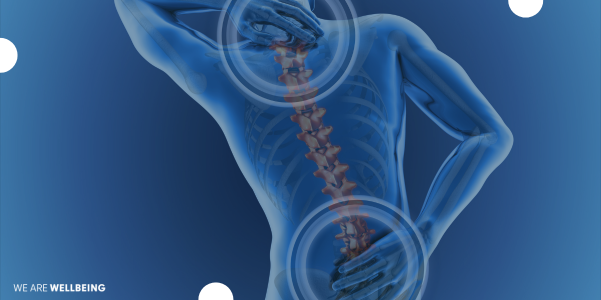January is often a time for goal setting and commitments, especially when it comes to health and wellbeing. Alcohol is a common focus (no doubt following an indulgent festive period!), with many committing to go ‘dry’. And although this is an option, we are not here to talk about complete abstinence. However, it can be a good time to consider your relationship with alcohol, and how you can form healthy habits.
The Chief Medical Officer recommends drinking no more than 14 units a week, yet 24% of adults in England and Scotland regularly exceed this (Office for National Statistics). Despite this, overall alcohol consumption is falling and an increasing number of people choose not to drink.
Wherever you sit, this article addresses the health issues associated with alcohol, and ways to maintain healthy boundaries.
Risks of overconsumption
We all know that consuming alcohol in large amounts can have long- and short-term health effects, including an increased risk of:
- Some cancers (such as breast, bowel, mouth and throat)
- Heart and liver disease
- Type 2 diabetes
- Poor mental health
- Poor sleep quality
Regular consumption is also likely to interfere with exercise and nutritional habits, which can further impact health.
Additionally, alcohol can increase your chance of debt and affect relationships and work. Regular or excessive drinking may negatively affect concentration, memory, mood and judgement.
Conduct an alcohol audit
So, what does 14 units actually look like? To give you some context, 1 unit is equal to half a pint of weak lager, half a glass of wine, or 25ml of spirits.
Understanding how much you currently drink is a great place to start.
Drink Aware have some fantastic tracking tools which you can access online and via their app, these will help you to identify any changes you might want to make. Keep reading for tips on managing your drinking habits.
Consider your reason for drinking
Whether it’s an occasional night out, a weekend trip to the local, or a glass of wine to unwind each night, your reason for drinking is worth considering. Be non-judgemental – are you using alcohol to reduce stress, aid relaxation or to avoid certain feelings or situations? If so, can you find an alternative way to deal with these situations? For example, mindfulness, exercise, or some other form of self-care.
An alcohol diary which also tracks circumstances can help with this self-awareness. Include the time and day, your location, how you are feeling and things that have happened that day, you might notice some trends.
Ways to drink mindfully
Overconsumption can be easy, especially when you are out, so here are some ways to stay mindful.
- Alternate alcoholic and non-alcoholic drinks. Not only does this decrease overall intake, but it will also increase hydration (meaning less of a hangover!).
- Choose smaller servings, e.g., a medium glass of wine (175ml) over a large (250ml), or a single over a double shot. Some places serve a large measure as standard practice, so be specific when you order. You can buy these measures for home too.
- Pause and slow down, before getting a drink, ask yourself. ‘Do I really want this?’, ‘what purpose is it serving?’. If you do, that’s fine, but slow down and really savour your drink.
- Explore the alternatives – the range of alcohol-free drinks has exploded in recent years, from beers, to wine, to spirits, there is plenty to choose from. You can still experience a nice tipple without the units.
Conclusion
To conclude, you don’t need to cut alcohol out, but cutting down may be beneficial for your health and wellbeing. If you are struggling with alcohol consumption, support is available, we have listed some helpful websites below. If you would like to support your employees with alcohol, We Are Wellbeing can deliver a dedicated webinar.







